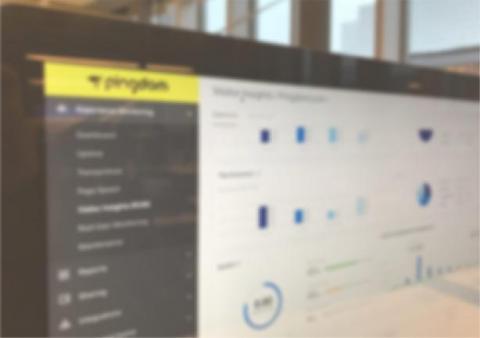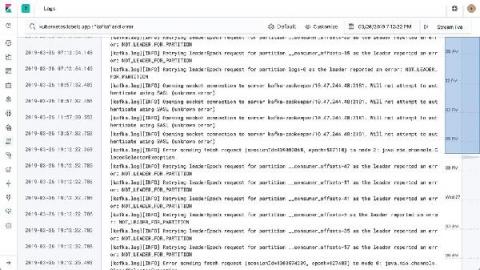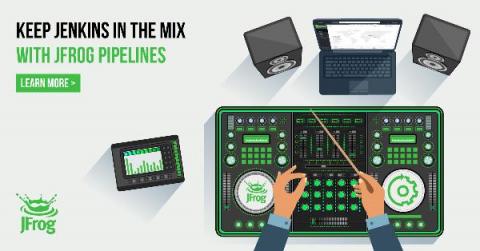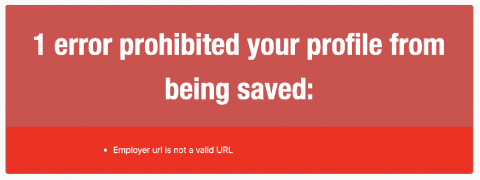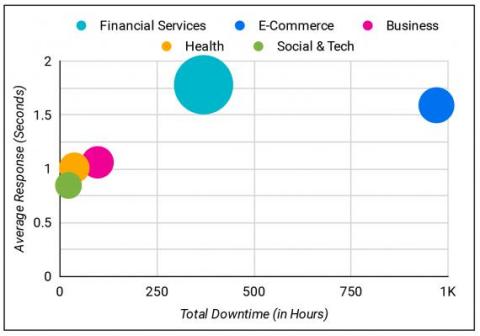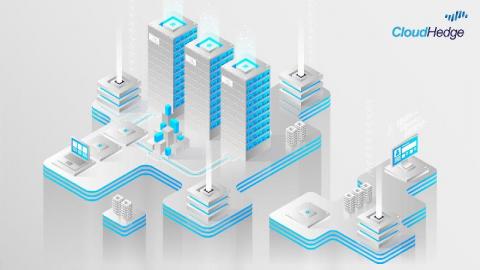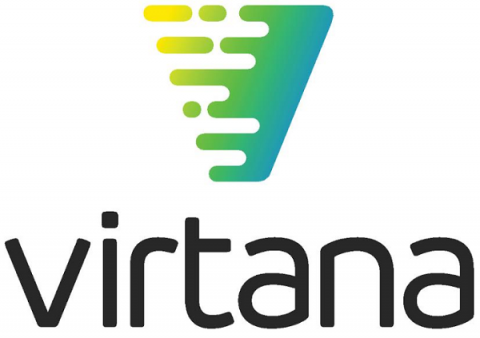Operations | Monitoring | ITSM | DevOps | Cloud
Latest Posts
Best Log Management Tools in 2020, and How to Select One for Your Organization
Enable Global DevSecOps with Cloud Enterprise and Xray on AWS
When software can travel around the globe at the speed of the cloud’s gusts, enterprises need to be extra certain the updates they release are safe for customers to use. If an app built in Palo Alto uses a vulnerable package from Belgrade, losses can ripple from Sheboygan to Shanghai. At JFrog, we believe enabling global DevSecOps in the cloud should be an easy process.
What's New: Related Incidents, Business Response, Mobile Status Dashboard, & New Integrations
An always-on world requires a proactive and preventative approach to managing your digital operations. PagerDuty is proud to announce our latest release, which helps streamline remote remediation by providing an at-a-glance overview of your system’s health. While we’re known for on-call management and incident response, PagerDuty does much more, including providing visibility into the business impact of an incident.
HoneyByte: Incremental Instrumentation Beyond the Beeline
“It turns out,” said Liz, “it was not a giant pile of work to start adding those rich instrumentation spans as you need them.” Liz Fong-Jones was telling dev.to’s Molly Struve about an error she encountered while trying to update her dev.to profile. When she entered honeycomb.io into the Employer URL field, the app responded with an angry red box...
The Uptime.com Report for 2019
Unplanned downtime can drive significant losses in the form of unrealized revenue. Teams may be caught off guard, or may face an outage outside their control, extending downtime hours unnecessarily. Without automated monitoring and alerting, teams face undetected outages that silently threaten SLA fulfillment. The recommendations in this report are best used as a guide on what trends may drive Site Reliability Engineering in the near term.
Efficacy of CloudHedge Discover for your Application Environment
Applications deployed years ago may have undergone changes over the years, and there are strong possibilities of the changes not being documented or recorded. All the undocumented changes can bite back as a security breach or get NCs (non-compliance) during an audit exercise. Also, if there is a drive to modernize applications, the true picture of the application may not be documented after interviewing the right people. These applications could be on-premise or on the cloud.
Free online Elastic Stack and Elasticsearch training: Anytime, anywhere, on-demand
We are offering a variety of on-demand Elastic training courses for free — featuring 11 titles that span observability, security, and Elastic Stack administration. If you haven’t tried one of our self-paced courses yet, now is the perfect time to find out why so many people have shifted their learning preference from in-class to online. Our on-demand courses provide the same immersive learning experience found in the classroom, but delivered in a convenient, remote environment.
Closer Look: Observability
As enterprise IT systems have become more complex and distributed due to cloud infrastructure, containers, serverless technology, an ever-growing footprint of applications and devices, IoT, SDN, open source development tools and more, the practice of performance monitoring has become far more nuanced. In these modern IT environments, traditional monitoring practices centered on known issues aren’t enough.
6 Common Mistakes in AWS EC2 and Azure Cloud VM Optimization
No matter what’s driving your move to an AWS or Azure cloud, two things are true. One, you don’t want to under-provision, which could create performance and availability issues. And two, you don’t want to overpay, because no one ever wants to do that. One of the key decisions you must make is which Amazon EC2 or Microsoft Azure virtual machine instance configuration you need. It’s a scoping exercise, but several factors make this easier said than done.


